Missouri Democrats New Plan To Stop GOP
Missouri is ground zero for the next political battle as Democrats launch a desperate fight to stop a Republican-backed congressional map that could reshape the balance of power heading into the 2026 midterm elections.
Governor Mike Kehoe (R) is expected to sign the controversial map into law, following its approval by the state Senate on Friday. If it goes into effect, the GOP would likely gain an additional U.S. House seat, strengthening Republican representation and further isolating Democrats in the state.
But Democrats are banking on one last move to stop it: turning the issue over to voters through a rare statewide referendum.
Democrats Turn to Missouri Voters
Missouri law allows citizens to veto legislation passed by lawmakers if enough signatures are collected to trigger a public vote.
Democrats now have 90 days after the governor signs the bill to gather signatures from 5% of voters in at least two-thirds of Missouri’s congressional districts. If they succeed, voters — not politicians — will decide the fate of the new district map.
Greg Vonnahme, a political science professor at the University of Missouri-Kansas City, said this move could be Democrats’ “only real chance” to block the GOP-backed plan.
“This referendum may be the Democrats’ best bet at stopping the map before the 2026 midterms,” Vonnahme explained.
Protests Grow as Opposition Mounts
The redistricting plan has ignited a firestorm of protests across the state. Thousands of citizens have gathered at the Missouri Capitol, demanding fair representation and opposing what critics call a “partisan power grab.”
A Change Research poll shows nearly half of Missouri voters — 48% — oppose the map, while only 37% support it, with 19% undecided.
Chris Melody Fields Figueredo, a progressive activist, said the strong turnout at protests proves Missourians are ready to fight back:
“We’ve had thousands of people speaking out against this illegal gerrymander. Missourians won’t stay silent while politicians silence their voices.”
Cleaver’s District at the Center of the Fight
The new map zeroes in on Rep. Emmanuel Cleaver (D-Kansas City), a longtime Democrat who has held office for two decades. Under the plan, Cleaver’s district would be dramatically reshaped, likely flipping it into Republican control.
Cleaver slammed the move as “deeply disappointing” and accused lawmakers of “putting Washington, D.C. elites ahead of Missouri families.”
He has vowed to fight the map in court while also preparing for re-election, no matter how his district changes.
History Repeats: Voters Have Rejected Controversial Laws Before
Missouri voters have successfully overturned legislation through referendums in the past.
In 2018, voters rejected a right-to-work law after a massive grassroots effort gathered three times the required signatures. That law was overturned by a 2-to-1 vote, proving that Missouri citizens can push back when they feel lawmakers have overstepped.
Republicans: Ensuring Fair Representation
Republicans argue the new map reflects Missouri’s conservative values and gives rural voters — who are often overshadowed by liberal cities like St. Louis and Kansas City — a stronger voice.
With six of Missouri’s eight current congressional seats already in Republican hands, the new district lines could push that number to seven, a major boost heading into a critical midterm election year.
The Stakes Couldn’t Be Higher
Experts warn the referendum could have unexpected consequences. Some voters who oppose gerrymandering but normally vote Republican may support the referendum while still voting for GOP candidates, potentially shielding Republicans from backlash.
For Democrats, the fight is about survival. For Republicans, it’s about cementing Missouri as a conservative stronghold for years to come.
Bottom Line
The battle over Missouri’s congressional map is about far more than lines on a map — it’s about who holds power in Washington and whether voters or politicians decide the state’s future.
With protests growing and legal challenges looming, Missouri voters will soon have the final say in a fight that could echo across the nation.

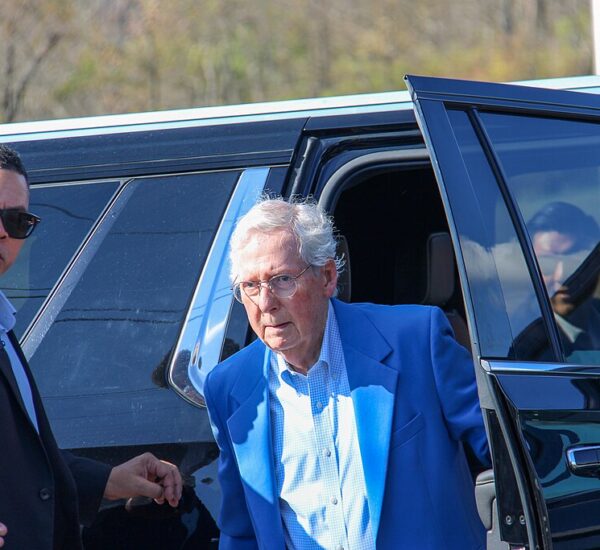
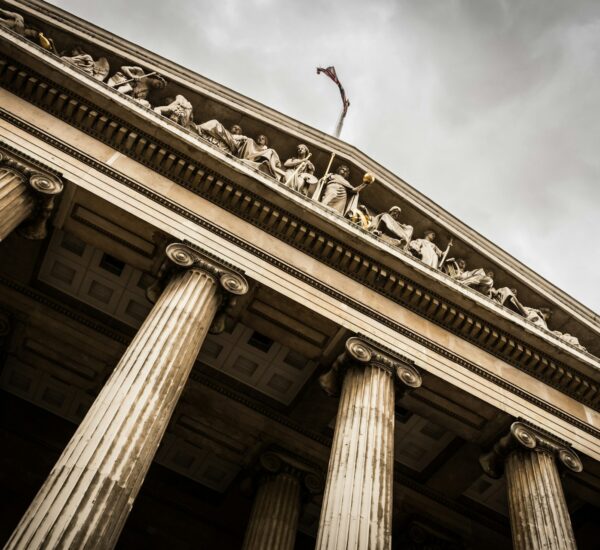
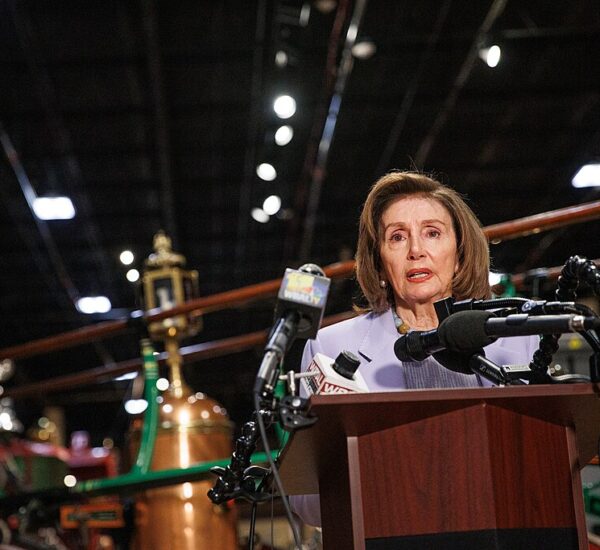
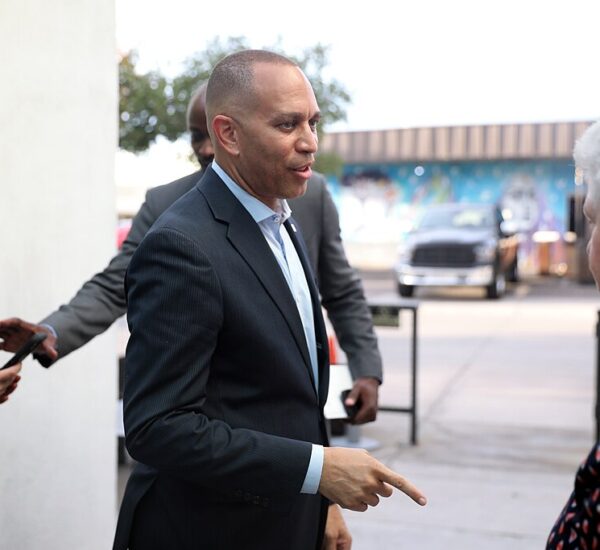

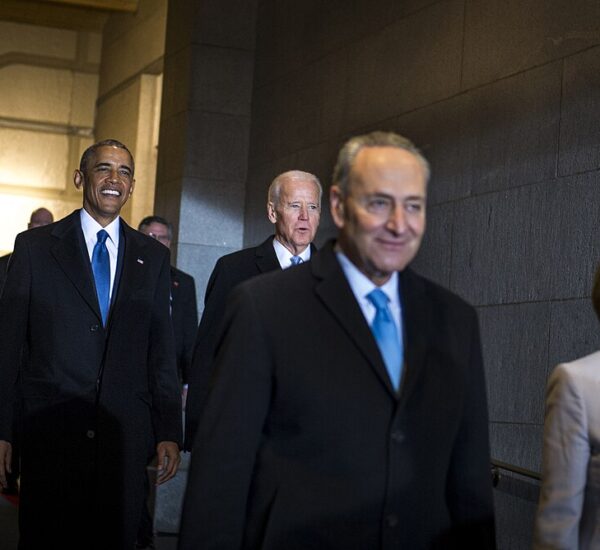
Hell no !! Until we complete a way to create energy with atomic p LBJ ants since wind mills and solar panels are not efficient. Drill baby dril